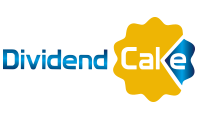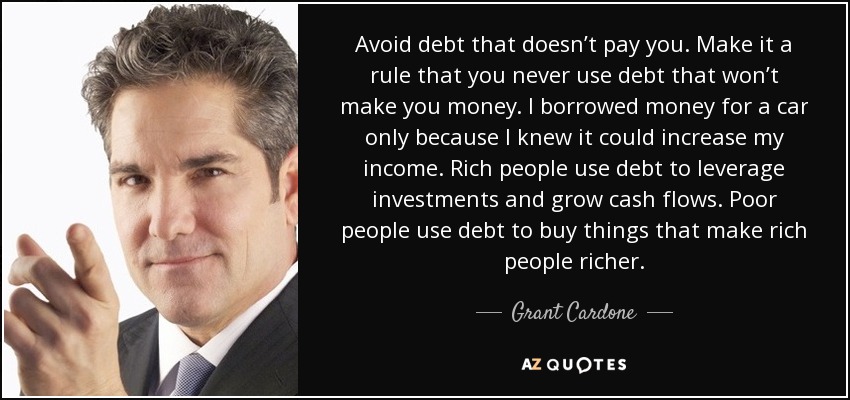During last month of March, Wikifin (a government sponsored organization responsible for teaching the Belgian population financial literacy) organized “The week of the Money”. Each year research is done about the financial behavior of the Belgian population.
This year the topic of the research was “Loans and credit…how is it used?”
Key Findings
63% of the Belgian people score low on financial literacy, skills and attitudes or a combination of the ones listed. When people take a loan or credit, this can have devastating consequences.
Research revealed that the majority of Belgian families use 40% of their family income to pay off debt. Almost 1 out of 10 Belgians have been confronted with problems paying back a loan. Also by using credit people can finance their consumption and investments.
One out of 2 Belgians has taken a mortgage loan, while 2 out of 5 Belgians took a car loan. Taking a loan or credit can have a lot of advantages but it all depends on your income. Some people are more vulnerable than others for debt. Research learned us that it mainly impacts lower educated financial literate people. People with low financial literacy skills not only have higher debt ratios compared to their income but they also make use of credit at a higher interest rate. They have less skills to check the payoff conditions of a loan and they have less confidence to negotiate and check everything.
Another statistic that came out in the press, was that 1 out of 3 Belgians takes a car loan and the number of car loans keeps on increasing year over year.
With current low interest rates taking a loan for a car seems cheaper than ever before. So why not take a loan? Research with the major banks revealed that last year the average amount of a car loan was around 18.000 euro compared to 15.233 euro in 2015. Who has a car loan, pays on average 463 euro per month. Some car dealers offer a 0% interest rate but maybe they don’t offer you some extra free options. Of course with the extra cash you keep in your pocket, you can invest in the stock market or generate passive income.
Final Words
Thanks for reading until the end! Don’t hesitate to leave a comment if you did like this blog post.
We hope you learned something from this blog post and keep on following us on Twitter and Facebook. As always we end with a quote.



3 Response Comments
Hello From Brussels.
In fact the belgium has a better situation comparing with many other countries. It is common that only 10-15% of population to save at the end of the month and america is counting allmost all the families with debt and huge debts.
Personally I have a mortgage, around 25-30% of our revenues. This is a good debt: tax 1.8%, plus the tax deduction, no more rent paid monthly, a part of our savings are here and (if there is not any crisis) the inflation is covered properly etc. But we didn’t stop saving: first time I pay myself= I am most important bill.
Hi Claudia. Thanks for stopping by and following us.
Many people believe a house is an asset but an asset that gives no money and only consumes money is a doodad as Robert Kiyosaki explains.
Many people do not keep track of their maintenance costs and all the costs they make on their house. Listen to the podcast of Mr and Mrs Cheesy Finance
https://cheesyfinance.nl/wp/
If your mortgage is only 25-30% and you are still paying yourself, you do have the financial literacy to invest your money. Do what you feel good with…people with higher debts have less financial literacy. That is a fact.
There are several different cases:
1. a house rented is an asset, it has a ROI. As far as I discuss with out accountant, in Belgium a good ROI from rent is 4% (no chance to go upper).
2. Again, a house bought for a temporary use (my case) is an asset as we plan to sell/rent it in 10 years = the day of retirement. Now my aprt. has a small ROI ( I calculate the ROI = tax deduction + professional expenses declared by activity at home, around 4000 per year or a little more).
3. the worst case scenario: for the people that stay in rent and have no effort for anything and just wait the governmental pension plan (witch is around a half of their last salary … is going impossible). Here are less than 20% of the belgium population – in real poverty.
4. People that buy a house and that’s all: all their money goes to the actual house and have no more savings/investments/ pension contribution etc. anything. This is the case treated by Robert Kiyasaki. And this is the case of majority of USA people but I think is far away better in Belgium because of the common to have a retirement pension deductible and a pension contribution from the part of the employer – I am courios if you find the statistics for these numbers…
(I extra explain all there because R.K demonize the buying of the house and I think is not completely true :is bad only for people that goes to the bank and take the biggest mortgage on the biggest period and buy the biggest house without to take a pencil a paper before. Hope people that read, to read these too and to decide wiser.
P.S. thanks for the compliment, I am at the beginning of my financial literacy path and Cheesy finance is one of my “learning” places.